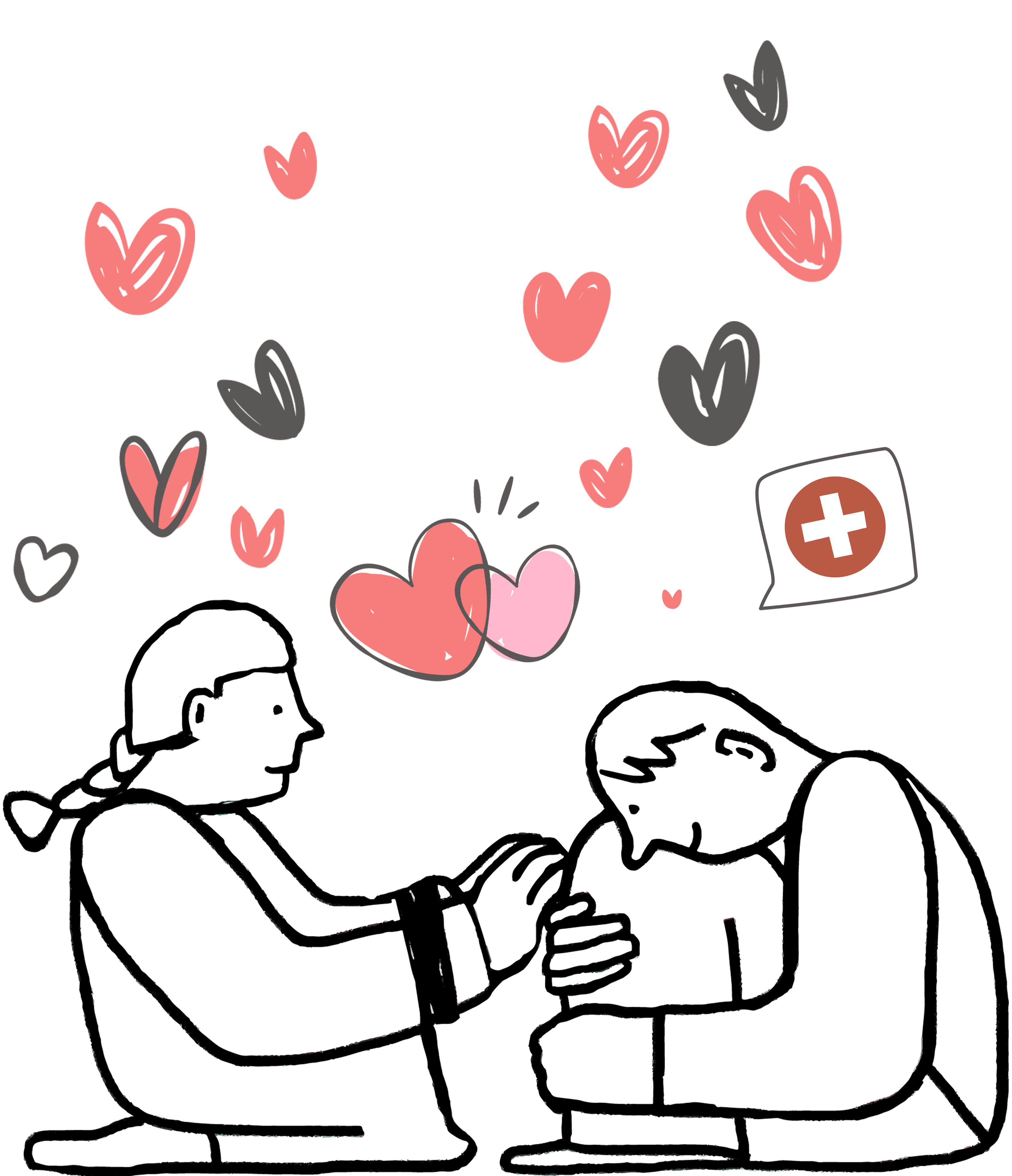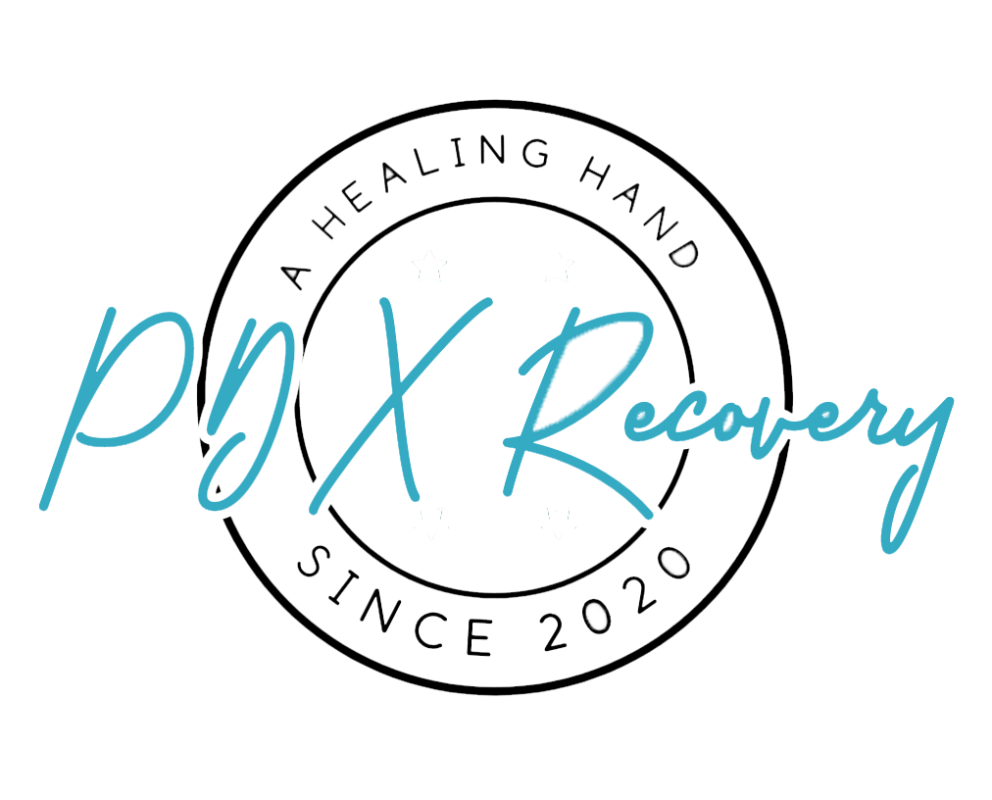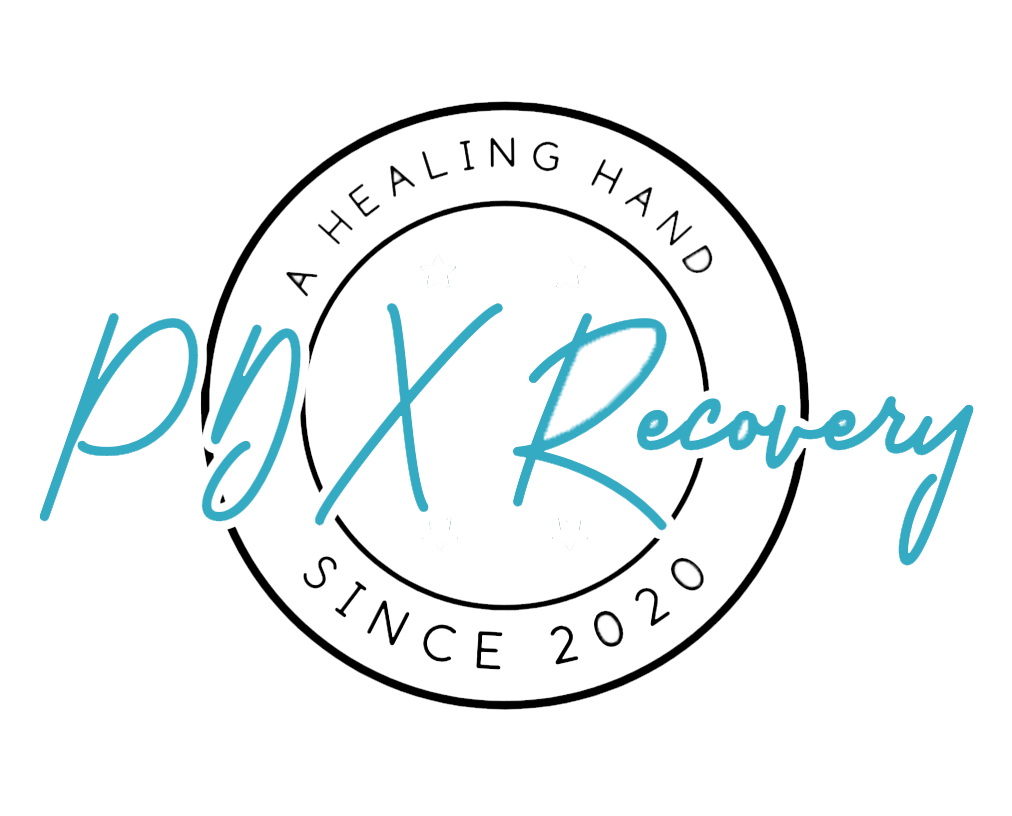

Accredited For Your Benefit
Our services are recognized as meeting the highest standards of care and are continuously evaluated to ensure excellence.
What is Oregon City Xanax Addiction Treatment PDX?
Xanax addiction, a pervasive issue affecting countless individuals worldwide, is a condition where one becomes physically and psychologically dependent on the benzodiazepine drug Xanax (alprazolam). This medication, often prescribed to manage anxiety and panic disorders, can lead to addiction when used in higher doses or for longer periods than prescribed.The journey into Xanax addiction typically begins with the prescribed relief of anxiety symptoms. However, over time, the brain starts to require the drug to produce neurotransmitters that induce feelings of calm and relaxation, leading to an increased tolerance and a deepening dependence. As tolerance builds, individuals may find themselves consuming larger amounts of Xanax to achieve the same effects, which can quickly spiral into addiction.
Addiction to Xanax can manifest through various signs and symptoms ranging from physical changes like drowsiness, slurred speech, poor coordination, and confusion to behavioral shifts including doctor shopping (visiting multiple doctors to obtain more prescriptions), social withdrawal, loss of interest in activities once enjoyed, and engaging in risky behaviors. The psychological grip of Xanax is equally powerful, with users experiencing intense cravings for the drug along with anxiety or panic attacks if they attempt to reduce their dosage or quit altogether.
One of the most perilous aspects of Xanax addiction is the potential for overdose. Because the drug depresses the central nervous system, taking too much can lead to severe respiratory depression and even death. Additionally, withdrawing from Xanax without medical supervision can be dangerous due to potentially life-threatening withdrawal symptoms such as seizures.
Overcoming Xanax addiction requires comprehensive treatment that often includes medically supervised detoxification to safely manage withdrawal symptoms followed by therapy and counseling. Cognitive-behysical therapy (CBT) is particularly effective in addressing underlying issues related to anxiety and substance use disorders. Support groups also play a crucial role in recovery by offering a sense of community and understanding among those who have faced similar struggles.
Ultimately, recovery from Xanax addiction is a challenging but achievable journey that necessitates both professional support and personal commitment. With the right resources and determination, individuals can reclaim their lives from addiction’s grasp and embark on a path toward lasting healing and wellness.
How We Treat Oregon City Xanax Addiction Treatment PDX
At PDX Recovery in Oregon City, we understand the complexities and challenges that come with Xanax addiction. Our comprehensive treatment approach is designed to address not just the physical aspects of addiction but also the underlying psychological factors that contribute to substance use disorders. We offer a serene and supportive environment where individuals can embark on their journey toward recovery with dignity and respect.
Our team of compassionate professionals specializes in personalized care plans, integrating evidence-based therapies such as Cognitive Behavioral Therapy (CBT), Dialectical Behavior Therapy (DBT), and individual counseling. These modalities are aimed at helping clients develop coping strategies, improve emotional regulation, and ultimately regain control over their lives.
In addition to our therapeutic offerings, we emphasize the importance of holistic wellness practices such as yoga, meditation, and nutritional counseling to support overall well-being. We believe that recovery from Xanax addiction requires a whole-person approach—nurturing mind, body, and spirit.
At PDX Recovery in Oregon City, you’re not just another number; you’re part of our community. We’re committed to walking alongside you every step of the way on your path to recovery. Let us help you rediscover your strength and reclaim your life from addiction.

Our Addiction Treatment Programs
We only use proven clinical services to treat our patients, ensuring the highest level of care and success rates. Our team consists of highly trained therapists and doctors who specialize in a variety of mental health and addiction issues.
Clinical Services We Use for Treatment
At PDX Recovery, we empathize with the challenges of seeking help. Our commitment lies in fostering a warm and inviting atmosphere for our patients, ensuring their comfort. We aim to deliver accessible and impactful therapy to all individuals.
We Work With Most Major Insurance Providers
Our aim is to offer affordable and impactful care to all individuals who seek assistance at our center. We recognize the difficulty of battling addiction and mental health issues without the added burden of financial worries. Therefore, we are dedicated to collaborating with your insurance provider to ensure you benefit from the fullest coverage possible for your treatment.
FAQ
We've compiled a list of frequently asked questions to provide clarity on the experience and alleviate any remaining fears or anxieties you might have.
A day in treatment offers a structured and supportive setting to foster physical, mental, and emotional healing. Residents begin with a nutritious breakfast, followed by therapy sessions, group activities, and workshops addressing addiction's root causes. These include individual counseling, group and family therapy, exercise, educational lectures, and recreational pursuits. The day features balanced meals, moments for contemplation and relaxation, and opportunities for personal introspection through journaling or meditation. Evenings may include peer support meetings or 12-step programs, wrapping up with time for rest. Each day at our facilities is thoughtfully designed to support holistic recovery, enabling individuals to cultivate healthy habits and coping strategies.
A standard detox phase generally extends for approximately five days, but its duration may vary from three to 10 days based on individual factors. These include the type and quantity of substances used, duration and frequency of consumption, as well as the method of intake. Collectively, these variables dictate the required duration of the detoxification process for either yourself or a loved one.
When beginning treatment, it's important to bring along specific items that can provide comfort and support. These might encompass cozy clothes, personal care essentials, prescribed medications (accompanied by proper documentation), and materials like journals or books for personal introspection. Conversely, there are restrictions on what can be brought into addiction treatment centers. Prohibited items typically include substances like drugs or alcohol, weapons, and anything that could hinder the recovery process. To ensure a smooth transition into treatment, it's vital to check with the chosen facility beforehand for a comprehensive list of permitted and prohibited items.
We recognize the close connection between addiction and mental health challenges. Hence, our addiction treatment centers prioritize tackling underlying mental health issues. Our skilled team provides tailored support and therapy for various mental health conditions like depression, anxiety, PTSD, and more. Embracing a comprehensive recovery approach, we address both physical and mental well-being. Our admissions staff is committed to matching you with the ideal facility for holistic care, ensuring a successful healing journey. Count on us for unwavering support throughout your path to lasting sobriety and enhanced mental wellness.
Our admissions team is devoted to assisting you in finding the ideal treatment center that meets your needs. Choosing a rehab facility can feel overwhelming, which is why our team is here to help. We are dedicated to guiding you through the process and identifying the perfect center for yourself or your loved one. Comprised of compassionate and knowledgeable professionals, our admissions team understands the complexities of addiction and the importance of selecting the right treatment. We take into account your individual requirements, preferences, and any co-occurring conditions to connect you with a facility that offers personalized care. Remember, you don't have to go through this alone – our admissions team is here to support you every step of the way towards a successful recovery.
Watching a loved one battle addiction can be heart-wrenching and overwhelming. Feeling powerless and uncertain about how to aid them is common. The initial step in assisting your loved one is engaging in a candid conversation about their addiction. Express your apprehensions, extend your support, establish boundaries, and urge them to seek professional assistance. Researching treatment options together and ensuring resources are easily accessible can also be beneficial.
Remember, patience, empathy, and unwavering support are crucial throughout this journey. Recovery is a process that requires time. By employing a compassionate and supportive approach, you can guide your loved one towards a healthier, addiction-free life. Do not hesitate to seek guidance and support from our team; we are dedicated to assisting you and your loved one at every stage of the recovery process.
No matter how committed you are to your recovery journey or how resolute you are about maintaining sobriety, a relapse may occur. According to statistics from the National Institute on Drug Abuse, relapse rates in recovery vary from 40% to 60%. Following a relapse, feelings of shame and regret are common. There may even be thoughts of succumbing to addiction rather than persevering against the temptation to use. While these emotions are typical, they can hinder achieving a drug-free life. Instead of viewing a relapse negatively, consider it a learning experience; refine your relapse prevention strategies and identify triggers. By understanding the root causes of the relapse, you lay the groundwork for a recovery that ensures you bounce back stronger.
The first step involves evaluating whether returning to rehab is necessary. If the relapse was an isolated incident and you are committed to reviewing or adjusting your recovery plan, a return to an inpatient facility may not be needed. Such a setting offers hands-on care and continuous monitoring. However, falling back into a persistent pattern of substance misuse may indicate the necessity of reentering a structured treatment program. If conversations about substance use reoccur, mingling with individuals who endorse drinking, or resorting to substances for coping, it signals a more serious issue that requires immediate attention.
After rejoining treatment post-relapse, the primary emphasis should be on reintegrating into everyday life. Opting for a sober living environment for a few months following treatment could be the most effective way to prevent relapse, as accountability and structure are beneficial during the initial vulnerable phase. Moreover, having an outpatient therapy plan for ongoing support post-rehab is advantageous.

Verify Your Insurance With Us!
Freeing yourself from Addiction doesn't have to be hard. Take the first Step and begin filling out the form, it's the initial phase in achieving a healthy recovery. We offer the necessary guidance and professional care crucial during the early treatment stages.





























